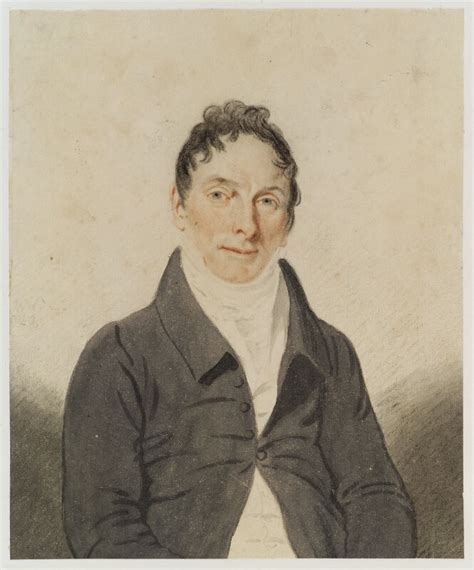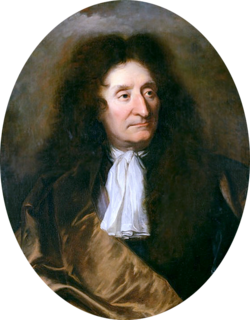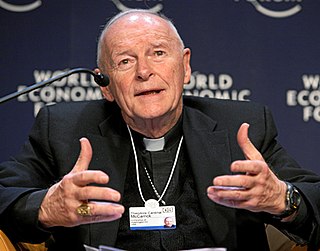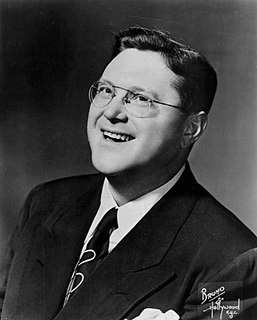A Quote by Samuel Laman Blanchard
It is an odd mode of diminishing one's own weakness to ask a friend to lend us the equal force of his.
Related Quotes
God does not need your strength: he has more than enough of power of his own. He asks your weakness: he has none of that himself, and he is longing, therefore, to take your weakness, and use it as the instrument in his own mighty hand. Will you not yield your weakness to him, and receive his strength?
I observed once to Goethe that when a friend is with us we do not think the same of him as when he is away. He replied, "Yes! because the absent friend is yourself, and he exists only in your head; whereas the friend who is present has an individuality of his own, and moves according to laws of his own, which cannot always be in accordance with those which you form for yourself.
One and all
We lend an ear-nay, Science takes thereto-
Encourages the meanest who has racked
Nature until he gains from her some fact,
To state what truth is from his point of view,
Mere pin-point though it be: since many such
Conduce to make a whole, she bids our friend
Come forward unabashed and haply lend
His little life-experience to our much
Of modern knowledge.
If it were not for the Eucharist, if it were not for this marvelous manifestation of God's love, if it were not for this opportunity to place ourselves in the very real presence of God, if it were not for the sacrament that reminds us of His love, His suffering and His triumph, which indeed perpetuates for us His saving sacrifice on the cross, I am sure that I could never face the challenges of my life, my own weakness and sinfulness and my own need to reach out to the Living God.
A friend is one who incessantly pays us the compliment of expecting from us all the virtues, and who can appreciate them in us. The friend asks no return but that his friend will religiously accept and wear and not disgrace his apotheosis of him. They cherish each other's hopes. They are kind to each other's dreams.
Everyone has an equal and absolute right to sovereignty over his own body, his own property, and his own life, and to pursue his own happiness in any way that he chooses. No one has the authority to grant rights to anyone else, because human beings already possess all natural rights at birth. These rights include both personal and economic freedoms, and the only way they can be lost is if someone takes them away by force. The only right that an individual does not naturally possess is the right to violate someone else's liberty.
The Plagiarism of orators is the art, or an ingenious and easy mode, which some adroitly employ to change, or disguise, all sorts of speeches of their own composition, or that of other authors, for their pleasure, or their utility; in such a manner that it becomes impossible even for the author himself to recognise his own work, his own genius, and his own style, so skilfully shall the whole be disguised.

































